This summer the Russian media told the story of paratrooper Pavel Filatiev, who became disillusioned with Putin’s regime and laid down his arms. International news agencies picked up his story, trying to portray him as the beginning of resistance to the invasion within the ranks of the Russian army. Filatiev was later taken out of Russia by Russian human rights activists from gulagu.net and helped with his legalization in Europe. The soldier also became popular due to his book, in which he details the sad state of the Russian troops and his own involvement in the invasion. The money from the book’s publication was planned to be sent to “Ukrainian victims of the invasion,” but instead Filatiev is trying to sue Vladimir Osechkin of gulagu.net for forcing him to sign a copyright transfer agreement.
Professional soldier Pavel Filatiev was sent to the war in Ukraine in February and took an active part in combat operations in the south of the country against the Ukrainian people. Two months later he was forced to leave the territory of military operations for health reasons, and after that he did not return to the war. Instead, Pavel wrote a book, left Russia, and became a hero. The soldier was not particularly responsible for his participation in the bloody invasion.
Filatiev transferred the right to the book to Osechkin in one of his PR speeches, which he most likely regretted later. Otherwise, it is difficult to explain the situation with the courts and the attempt to return “stolen” goods. But the question is not how much money Filatiev could have earned from the book and what Vladimir Osechkin did with the money.
Back in September we were a little perturbed by the positive buzz that arose around the paratrooper. Neither the media nor activists from Russia and abroad seemed to be interested in what Filatiev did in the war and what the consequences should be for it. And the story itself about the Russian soldier among some oppositionists generated more enthusiasm than the Ukrainian people’s direct resistance to the invasion.
And now, a few months later, it turns out that if you buy a book by a Russian soldier, the money from which was supposed to go to the Ukrainian people, that money will not go there. But maybe now is the time when it doesn’t make sense to buy a book by a paratrooper who kills people in another country for money, but instead to donate directly to support progressive forces in Ukraine? The war has been going on for almost a year now, but uprising is not really happening in Russia. The belief that Putin’s regime will be overthrown by a popular uprising is melting more and more, and the number of opponents of the regime is growing abroad rather than on the streets of Moscow or St. Petersburg.
Therefore, it makes little sense to wonder about the questionable moral principles of the Russian military or the liberal opposition, and instead to pay more attention to the organized resistance of the Russian empire. Because the real heroes of this war are not politicians or fleeing Russian soldiers, but ordinary Ukrainians who are ready to stop tanks with sticks and hold their ground even in the most hopeless conditions.
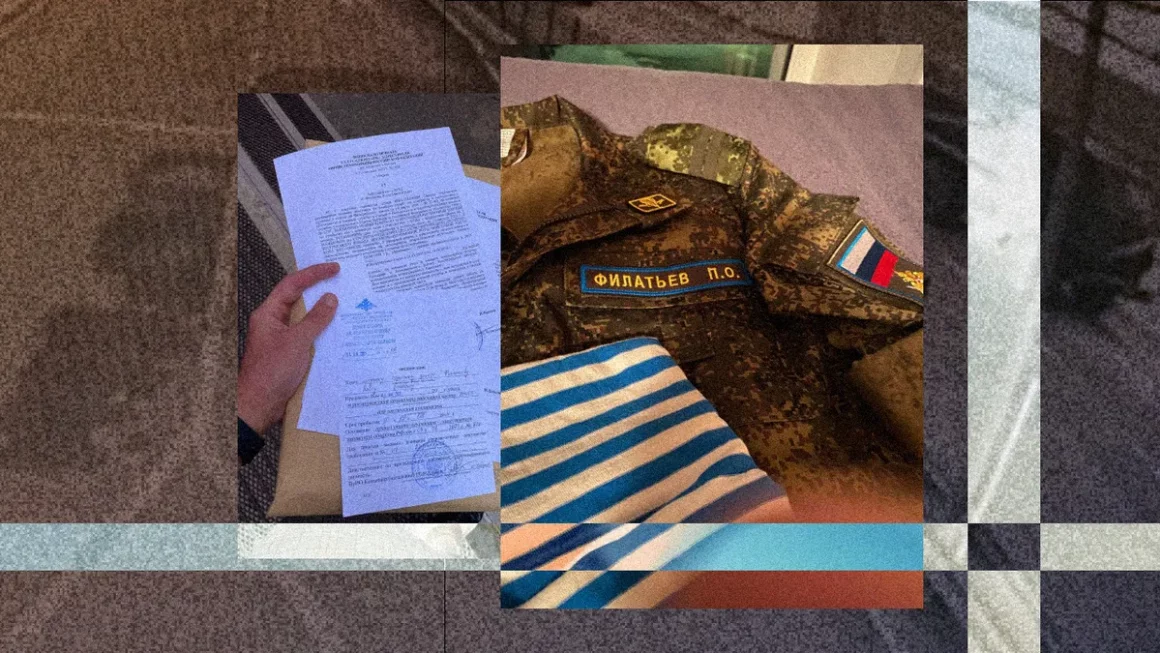
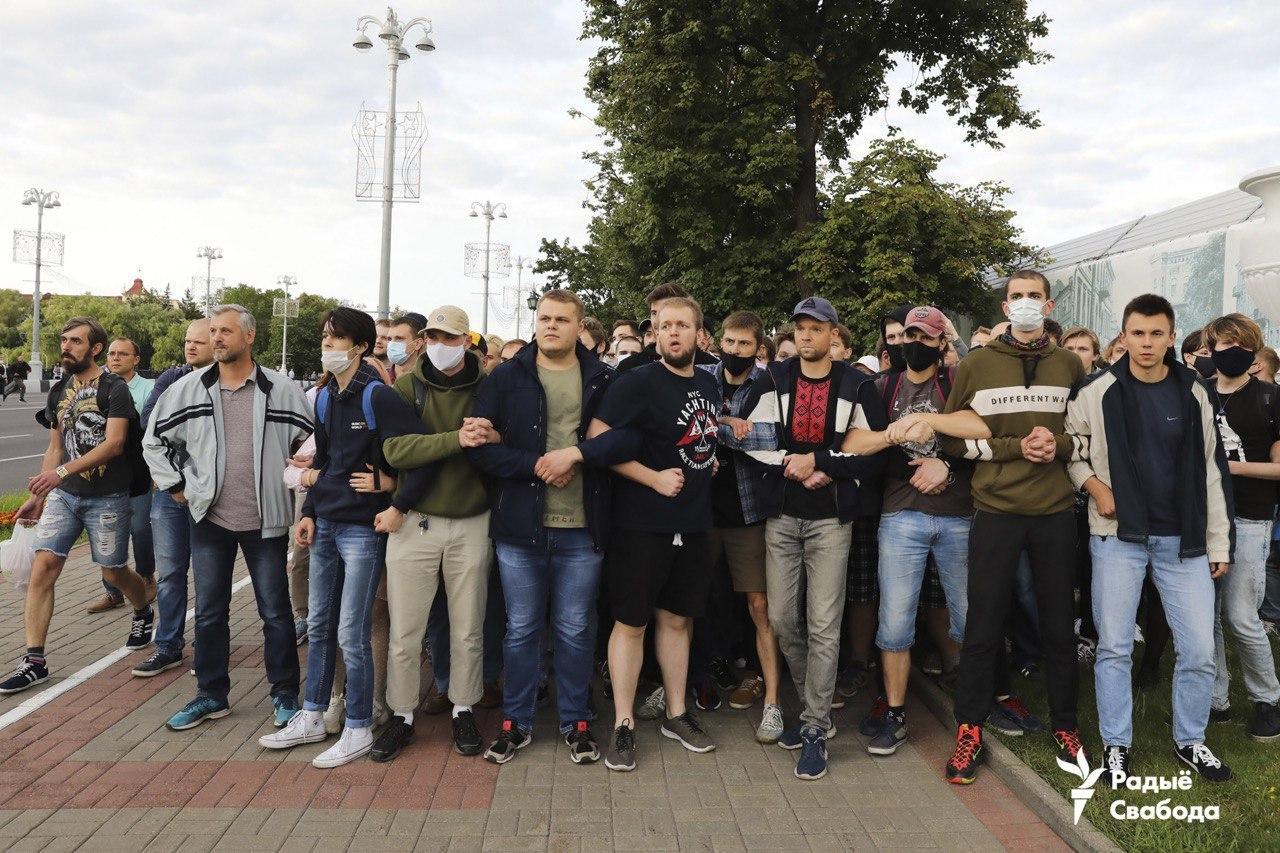
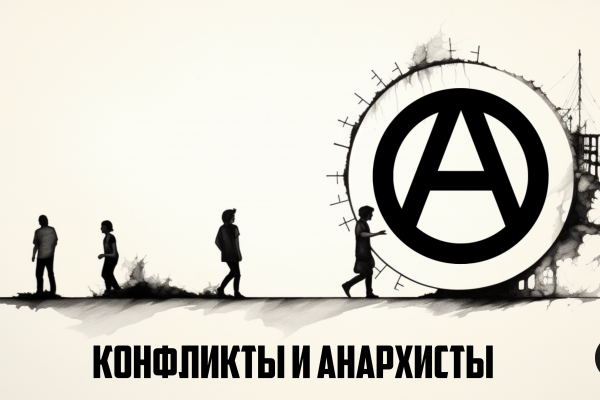
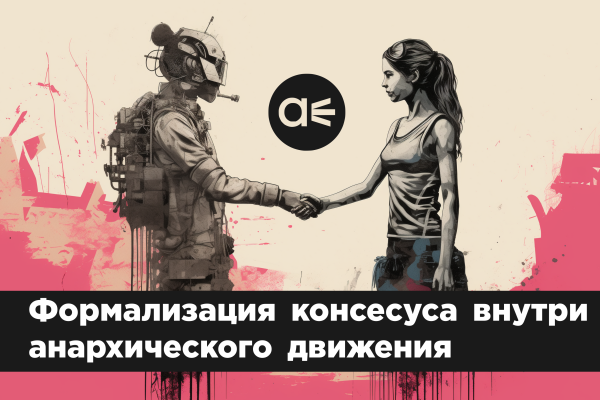
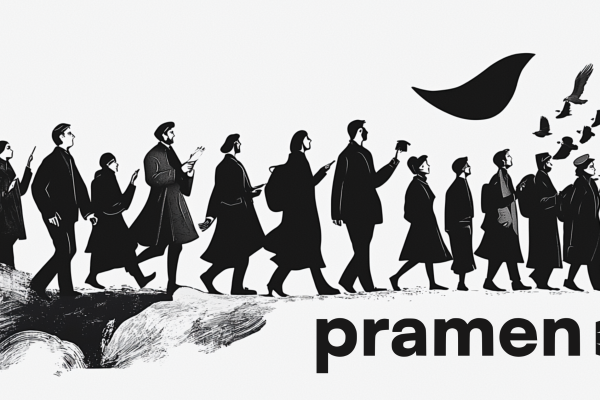
Thanks for sharing. I read many of your blog posts, cool, your blog is very good.